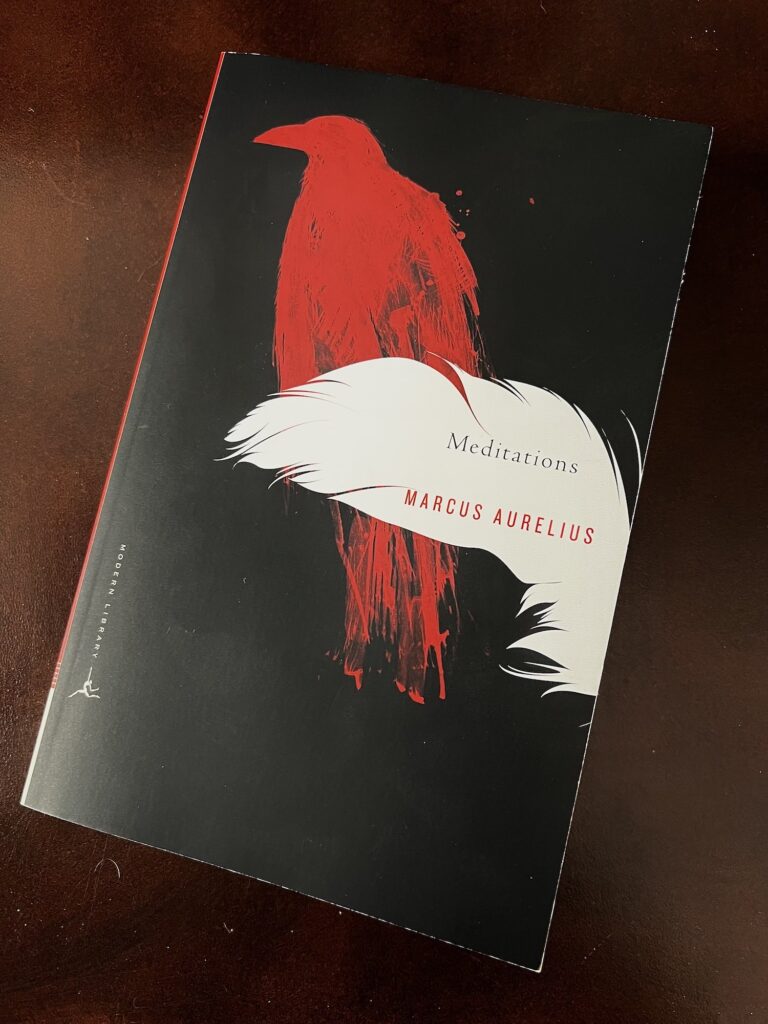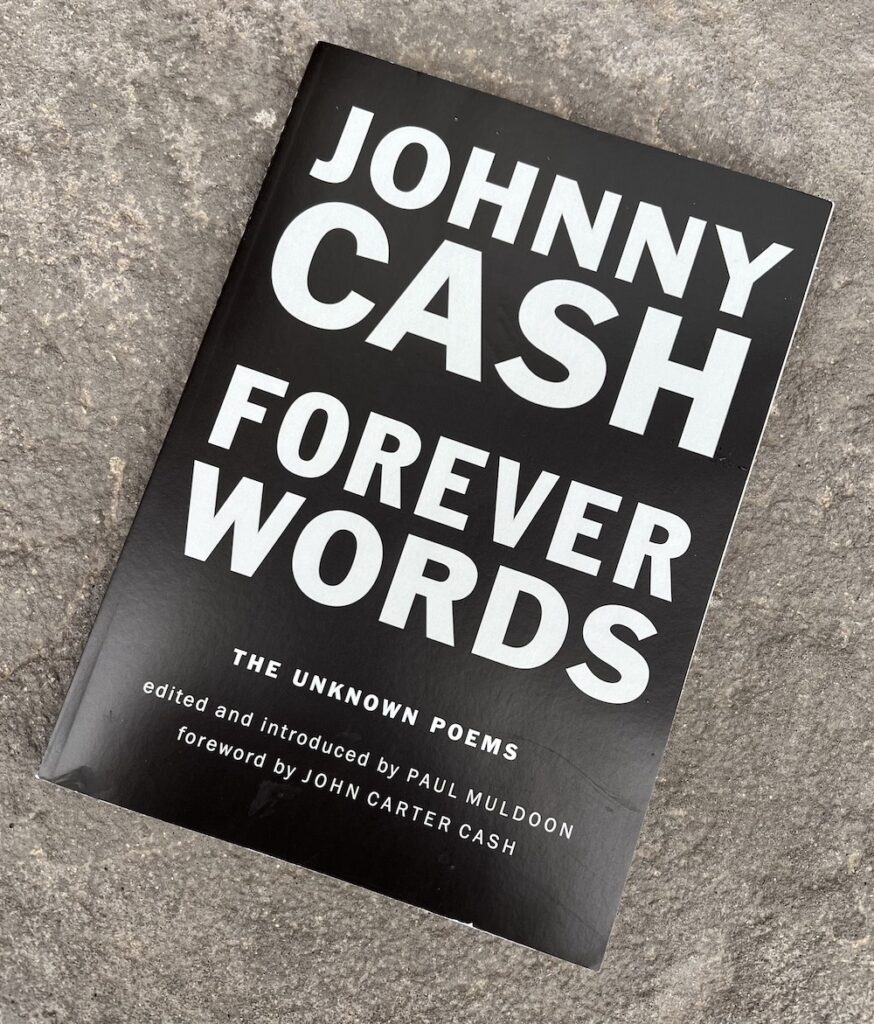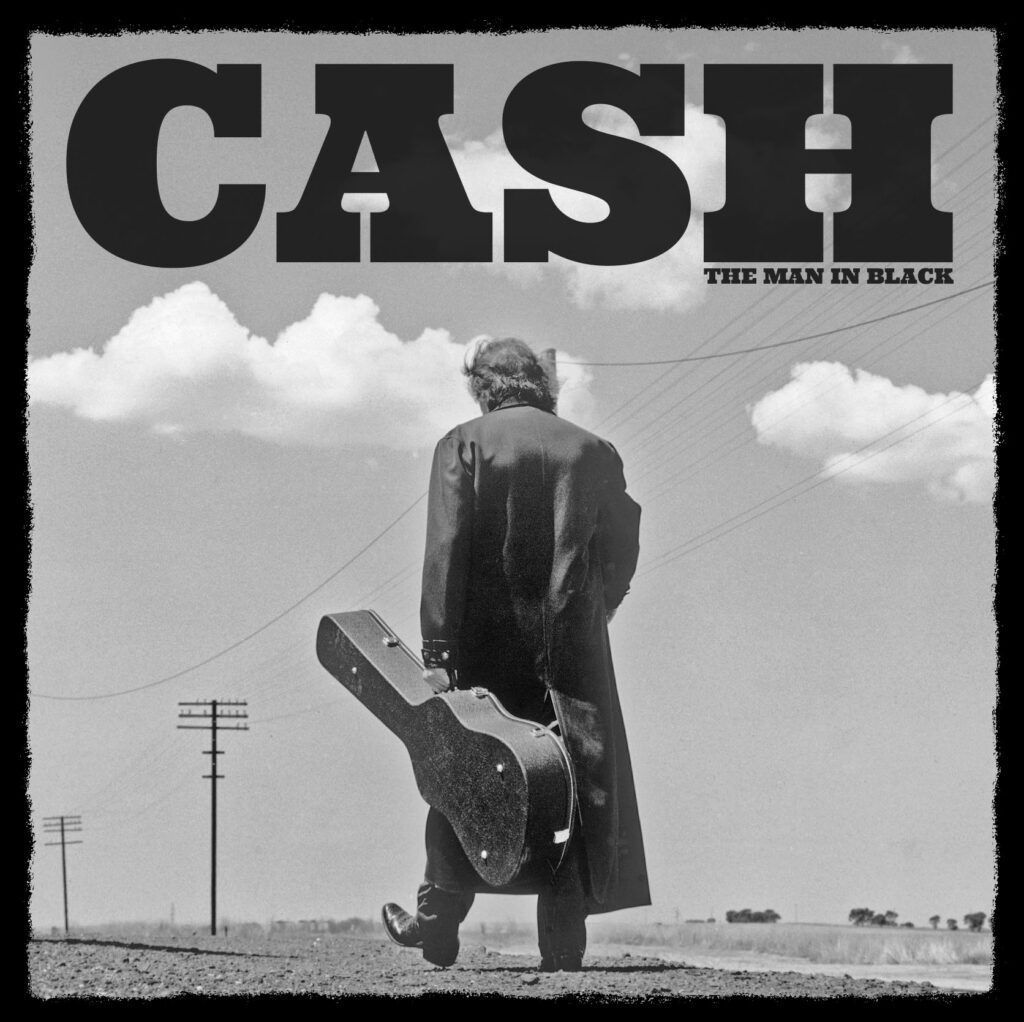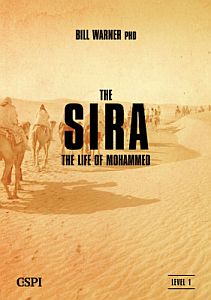 For years now I’ve seen some of my favourite authors and leaders recommend the reading of Meditations by the stoic philosopher and Roman Emperor Marcus Aurelius. Some have even gone so far as to say they reread this work every one to two years and advise others would be well served to do the same. Born out of the gnostic tradition, I’ve never found stoicism as a philosophy very interesting or compelling, but some of the writings can be helpful. So I decided it was time to read Aurelius’ famous Meditations.
For years now I’ve seen some of my favourite authors and leaders recommend the reading of Meditations by the stoic philosopher and Roman Emperor Marcus Aurelius. Some have even gone so far as to say they reread this work every one to two years and advise others would be well served to do the same. Born out of the gnostic tradition, I’ve never found stoicism as a philosophy very interesting or compelling, but some of the writings can be helpful. So I decided it was time to read Aurelius’ famous Meditations.
I searched online for a good recommendation on which translation would be most beneficial and settled on one done by Gregory Hays. The intro gave a good overview of both Marcus Aurelius and the nature of Stoicism to shed some light on what followed: the 12 books of Meditations, or short sayings and aphorisms of the Greek philosopher.
I was underwhelmed to say the least and found it quite tedious in many parts. It did not seem to me worth the praise I had seen from many. Now, for those familiar with the wisdom literature of the Bible: Ecclesiastes, Job, and specifically the book of Proverbs, which are beautifully written and hit right to the core of the nature of man and the problems he faces, Aurelius’ work can only pale in comparison. Perhaps my expectations had been set too high from the continued praise the work receives, but I can only think those who esteem it highly are unfamiliar with the Biblical counterparts.
While it may be helpful to some, I can’t recommend this ancient work with any excitement. It did have some highlights, however, and a few of my favourites were:
Book 2:1 – When you wake up in the morning, tell yourself: The people I deal with today will be meddling, ungrateful, arrogant, dishonest, jealous, and surly. They are like this because they can’t tell good from evil. But I have seen the beauty of good, and the ugliness of evil, and have recognized that the wrongdoer has a nature related to my own–not of the same blood or birth, but the same mind, and possessing a share of the divine. And so none of them can hurt me…
Book 3:6 – If, at some point in your life, you should come across anything better than justice, honesty, self-control, courage–than a mind satisfied that is has succeeded in enabling you to act rationally, and satisfied to accept what’s beyond its control–if you find anything better than that, embrace it without reservation–it must be an extraordinary thing indeed–and enjoy it to the full…
Book 4:17 – Not to live as if you had endless years ahead of you. Death overshadows you. While you’re alive and able–be good.
Book 6:7 – To move from one unselfish action to another with God in mind. Only there, delight and stillness.
Book 6:33 – It’s normal to feel pain in your hands and feet, if you’re using your feet as feet and your hands as hands. And for a human being to feel stress is normal–if he’s living a normal human life. And if it’s normal, how can it be bad?
Book 7:31 – Wash yourself clean. With simplicity, with humility, with indifference to everything but right and wrong. Care for other human beings. Follow God.
Book 8:59 – People exist for one another. You can instruct or endure them.
Book 11:23 – Socrates used to call popular beliefs “the monsters under the bed”–only useful for frightening children with.
Book 12:13 – The foolishness of people who are surprised by anything that happens. Like travellers amazed at foreign customs.
We must read books of the past to understand the nature of humanity and how we’ve arrived at where we are. So I laud the reading of the ancients and would not consider it a waste of time to read the Meditations, but time would be better spent reading the book of Proverbs, in my opinion. I am happy to have read this classic and benefitted from it, but I will not consider ever having to reread it like some suggest.
2 ⭐️⭐️ out of 5



 There is no moderate Muslim and there is no peaceful Islam if the prophet Mohammed is the ‘perfect Muslim’ to be emulated by all his followers. It’s a provocative statement to make in this age of tolerance where we are fed a false narrative on the nature of Islam unmoored from the historical record and the reality of the events around us.
There is no moderate Muslim and there is no peaceful Islam if the prophet Mohammed is the ‘perfect Muslim’ to be emulated by all his followers. It’s a provocative statement to make in this age of tolerance where we are fed a false narrative on the nature of Islam unmoored from the historical record and the reality of the events around us.